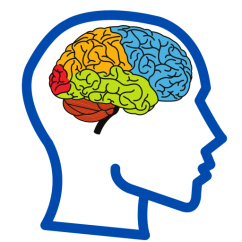
Parents' Page
Dyslexia may be something that you don't know much about - this is okay - it wasn't as common 30+ years ago. Below are answers to some of our most common questions. If you have any further questions, please contact us either via email or by completing the form on the contact page.
How could my child's school help?
In the first instance you should arrange to have a meeting with your child's class teacher so that you can discuss your concerns with them. Your child's school may be able to offer a screener - this may give you further insight into whether a full dyslexia assessment is required.
Why won't my child's school provide a dyslexia assessment?
It is a very lengthy and expensive process to train as a dyslexia assessor and schools unfortunately do not have the budget for this. It is also difficult for schools to release teachers from their teaching duties. Whilst the assessment take a couple of hours, the report takes several days to write.
What is the benefit of having a dyslexia assessment?
An assessment will help all involved better understand your child's strengths and difficulties. The report will have recommendations for future learning and it is beneficial to share this with the school. There are also recommendations for how to help with home learning too.
Will my child get additional time in tests and exams?
If there are clear difficulties in processing then your child may be entitled to additional time for exams, (SATs, GCSEs, A Levels etc). A dyslexia report can be used as evidence towards an access arrangements application, however the final decision will fall down to the school and exam board.
How will a dyslexia diagnosis support my child?
There are so many benefits to having a formal diagnosis and these can differ for each individual. For some, it can really help them understand reasons for why they struggle or do things in a particular way. This can lead to an increase of confidence, self-belief and self-worth. For others it can open up doors that may have otherwise been closed. For some children they have gained additional time in examinations, and others have gained access to a reader or scribe. Some children have been granted access to assistive technology within their place of education and this can support with many areas of learning, such as reading, writing and spelling. For all children, a dyslexia diagnosis and full report will help them understand how they learn best and how theybest support themselves. There are many, many benefits for those involved.
